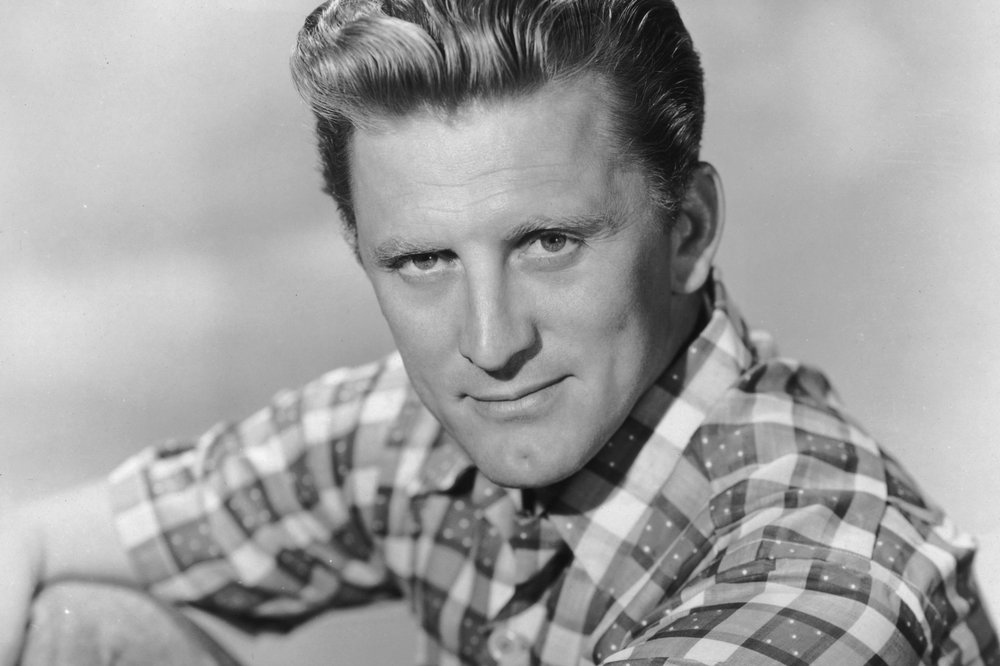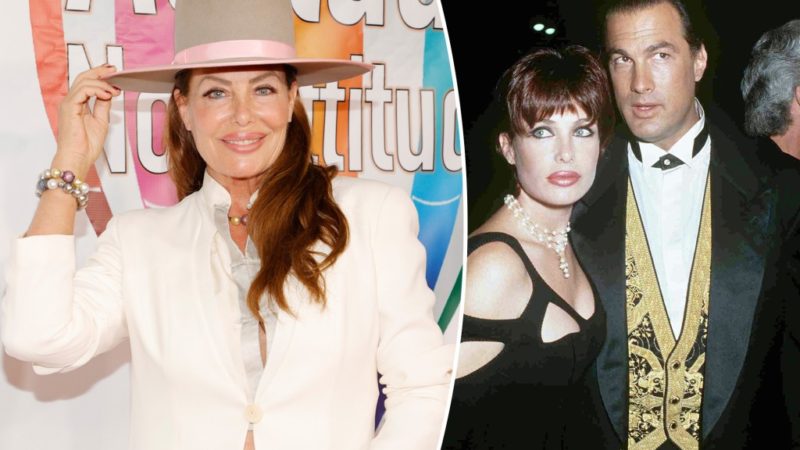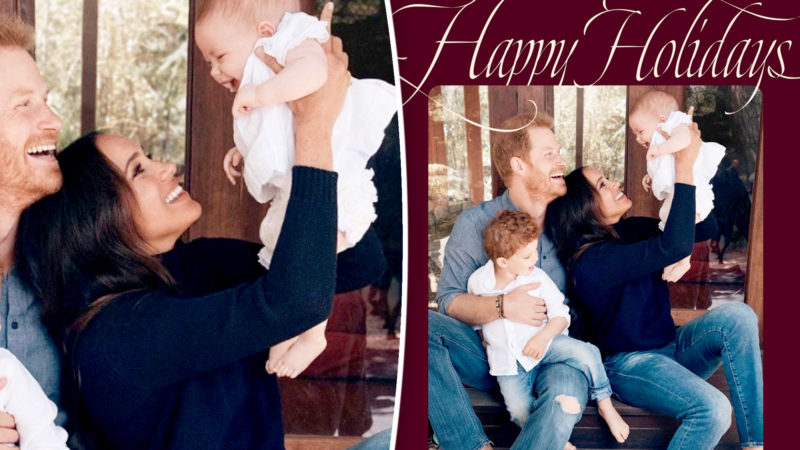Kirk Douglas, Hollywood Tough Guy And ‘Spartacus’ Superstar, Dies At 103

Kirk Douglas, the self-described “ragman’s son” who became a global Hollywood superstar in the 1950s and ’60s, died on Wednesday. He was 103. Douglas was often cast as a troubled tough guy in films, most famously as a rebellious Roman slave named Spartacus. Off-screen, he was devoted to family and to humanitarian causes.
His son Michael Douglas announced the actor’s death: “To the world he was a legend. … But to me and my brothers Joel and Peter he was simply Dad.”
“Kirk’s life was well lived, and he leaves a legacy in film that will endure for generations to come, and a history as a renowned philanthropist who worked to aid the public and bring peace to the planet,” Michael Douglas wrote.
Kirk Douglas was a classic Hollywood alpha male, with his cleft chin, his gritty voice and a set to his jaw that made him seem to be talking through clenched teeth. He made a conscious choice to go his own way by playing men who went theirs. In Stanley Kubrick’s World War I epic, Paths of Glory, Douglas played the principled Colonel Dax, stepping into an iconic role of the good man fighting the establishment.
But Douglas seemed almost more comfortable playing what he liked to call “tough sons of bitches,” or flawed men who were, one way or another, gaming the system. Two of his earliest title roles, as the backstabbing boxer in Champion and the self-destructive cornetist in Young Man With a Horn, portrayed stars who turn into heels just as the public embraces them.
Before long, Douglas had developed that reputation himself. Looking back in his memoirs, Douglas described his younger self as “egotistical and ambitious” and claimed not to like him very much. But his best performances, such as his portrayal of an abrasive but driven Vincent van Gogh in Lust for Life, were memorably electric.
For more than two decades in Hollywood, Douglas “cast a giant shadow,” as one of his titles proclaimed, playing two or even three starring roles each year. When he was not cast for Ben-Hur, losing the role to Charlton Heston, Douglas countered the loss months later with his own Roman epic, Spartacus. Douglas produced the film and starred as the title character who famously revolted against his Roman captors.

Matt Sayles/Invision/AP
Off-screen, Douglas also led an open revolt, against Hollywood’s blacklist. The communist witch hunts of the 1950s had destroyed many careers, including that of Spartacus screenwriter Dalton Trumbo, who had written for years under an alias. Douglas was disgusted by this hypocrisy, and saying, “To hell with it,” he put Trumbo’s real name in the film credits.
When Spartacus became a hit, the blacklist was effectively finished. More than three decades later, speaking with NPR’s Susan Stamberg, Douglas reflected upon this impulsive but life-defining decision: “Sometimes I often think that if I were much older, would I still have done it? Anyhow, I did it. It was an impulsive thing. I’m proud of it. I think it’s one of the good things that I’ve done in life.”






